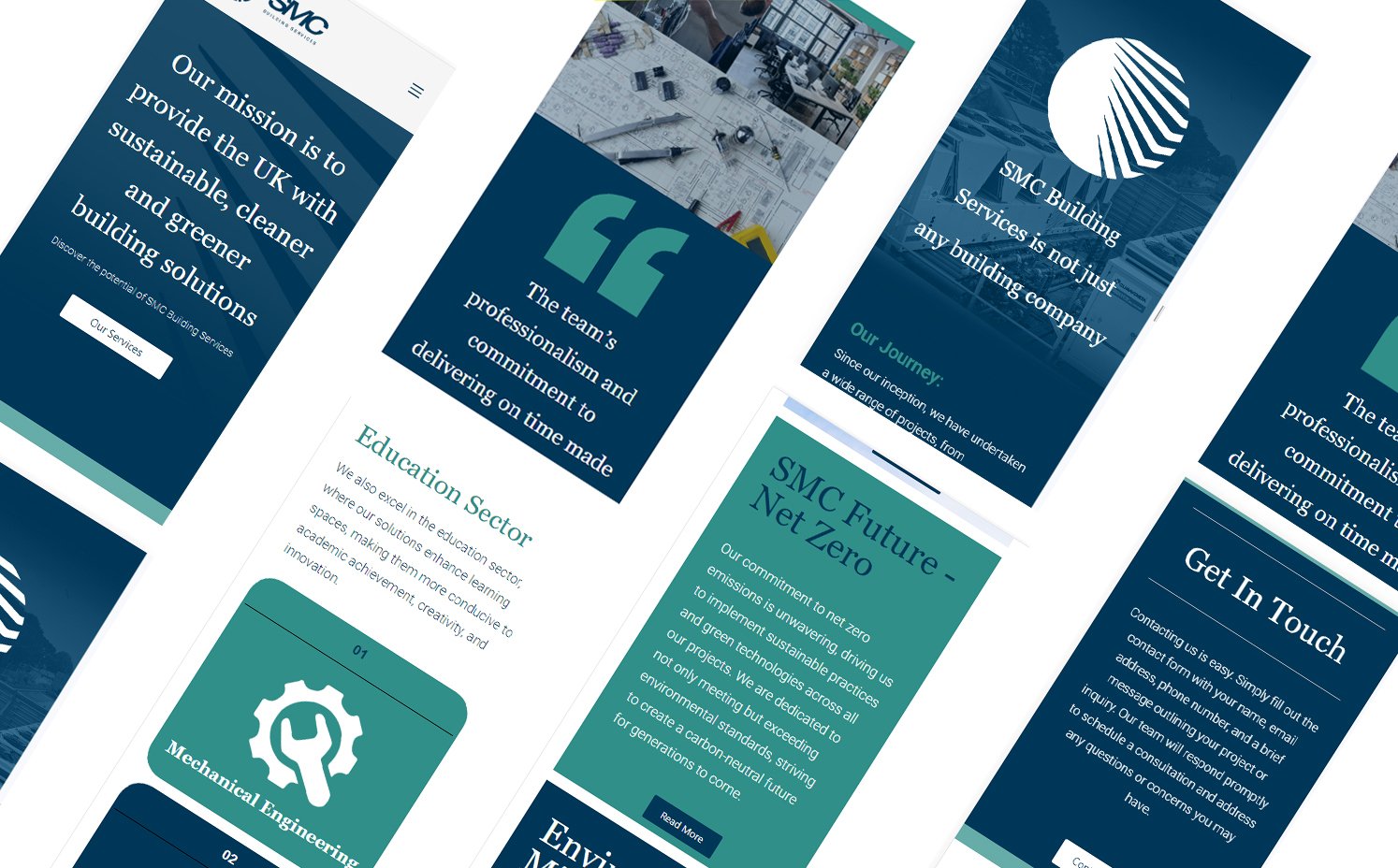The Impact of Responsive Web Design on User Experience
It’s quite likely that your web site will be used mainly by mobile users. The statistics on traffic from mobile has increased year on year and 2024 won’t be any different. Responsive web design has a significant impact on user experience, influencing how users interact with and perceive a website across different devices. Here are five key aspects of this impact:
Consistent User Experience Across Devices:
Responsive web design ensures a consistent and uniform user experience across various devices such as desktops, laptops, tablets, and smartphones. This consistency helps users easily navigate and interact with the website, irrespective of the device they are using.
Improved Accessibility:
Responsive design contributes to improved accessibility by adapting the layout and content to different screen sizes and resolutions. This ensures that users with disabilities or those using assistive technologies can access and use the website more effectively, contributing to a more inclusive user experience.
Mobile Optimization:
With the increasing use of mobile devices, having a responsive design is crucial for providing an optimal experience on smartphones and tablets. Responsive websites adjust their layout and content to fit smaller screens, making it easier for users to consume information and perform actions on mobile devices.
Reduced Bounce Rates:
A responsive design can help reduce bounce rates by providing a seamless and visually appealing experience. When users can easily navigate and view content without the need for constant zooming or scrolling, they are more likely to stay on the site longer and explore multiple pages.
SEO Benefits:
Search engines, like Google, prioritize mobile-friendly websites in their rankings. A responsive web design can contribute to better search engine optimization (SEO) by providing a consistent URL and content structure across devices. This can lead to improved search rankings and increased visibility for the website, ultimately benefiting user discovery and traffic.
In summary, responsive web design positively impacts user experience by ensuring consistency, accessibility, mobile optimization, lower bounce rates, and enhanced search engine visibility. These factors collectively contribute to a more user-friendly and effective online presence.

Byte bee is a digital design and marketing agency based in the Stockport, we work throughout the North West and UK. Feel free to contact us to discuss our services.

